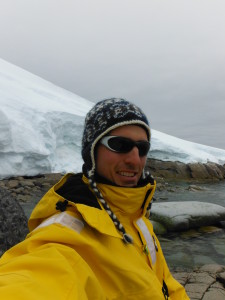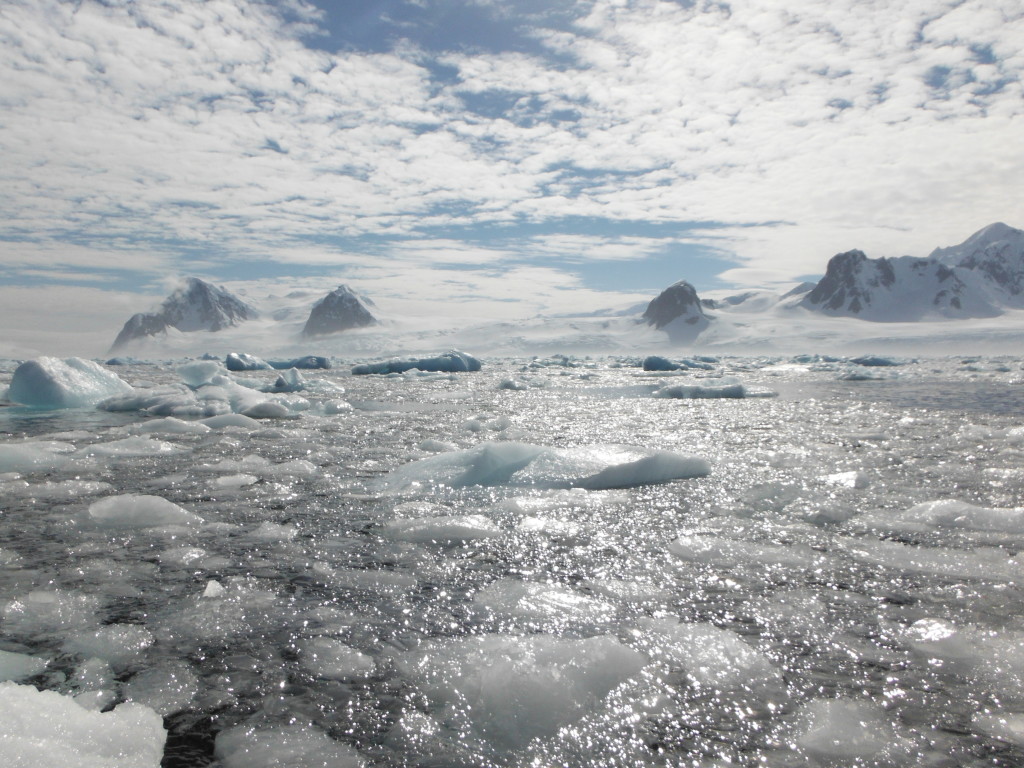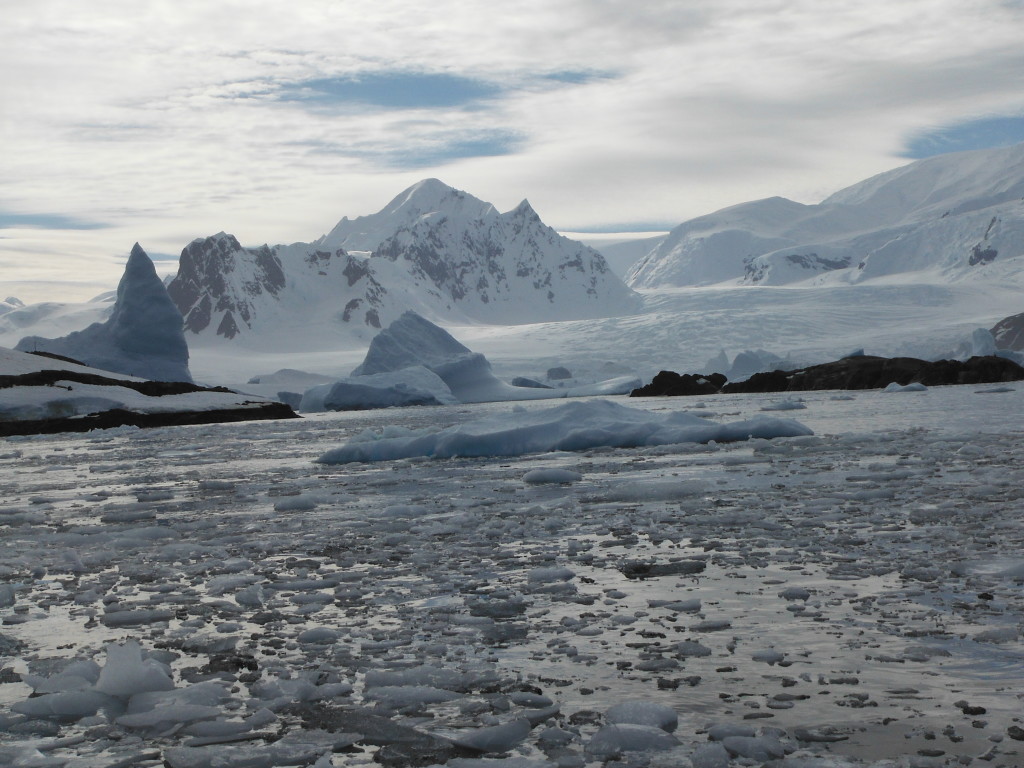Words cannot do justice for what Antarctica looks like. Even photographic images and film can only give an idea. The magnitude and magnificence of a world of, ice, rock, and snow, some of it can be captured in an image. But what of the wind that bites into you regardless of how many layers you may be wearing – as you stand on the deck late at night while the ship breaks through pack ice. You hear the ‘crunch, crunch, crunch,’ and deep down you know you are secretly thinking, what if?
Antarctica is not a place where humans belong. G-d did not intend for us to be there and it is virtually impossible to survive for any lengthy period of time without product and support form off the continent. Perhaps this is a good thing? Antarctica is an incredibly fragile place and it would not take long for man to destroy it. Thankfully, today as people visit, there are many protocols and practices in place to preserve Antarctica’s ecosystem.
 I feel blessed to have had the opportunity to experience the grandeur of Antarctica with over hundred fascinating people. I was part of a group of mostly Australian Entrepreneurs who gathered together to converse in, ‘how to get to the future first.’ Together, we brain stormed ideas of what the future would look like and what we collectively, and individually, could, and would do about it.
I feel blessed to have had the opportunity to experience the grandeur of Antarctica with over hundred fascinating people. I was part of a group of mostly Australian Entrepreneurs who gathered together to converse in, ‘how to get to the future first.’ Together, we brain stormed ideas of what the future would look like and what we collectively, and individually, could, and would do about it.
For me, one of my concerns prior to the trip was how I would keep kosher on the boat. I was sure there would be plenty of good food, but how much of it would I be able to eat. I brought along some energy bars, instant soups, oatmeal, as well as a box of matzo, just in case.
I figured I’d be able to sort something out with the chef when I got on the cruise. Nowadays, anyone working with sophisticated western tourists are usually inundated with all the diets and eating disorders we have: vegetarian, vegan, ovo- lacto-pesco phsycotarian, gluten free, Raw, paleo, low carb, diabetic, and in my case kosher. The challenge I find though with using the term kosher, is that I have come across countless interpretations of its meaning. The most common being, ‘kosher food is food blessed by a rabbi.’ Now I wish it was this simple. I being a rabbi, would never have a problem with food anywhere in the world and could happily order anything on the menu and bless it myself. However, kosher is far more complicated than this.
I don’t want to get into a long discourse now about what is, and what is not Kosher, instead, I prefer to speak about how I kept kosher on a boat in Antarctica. For starters, it was a lot easier then I had thought it would be. When I got on the boat and spoke with the head waiter Narandra, he seemed already versed in many aspects of kosher. He began showing me the kosher certifying symbols on many of the food products. Turns out, the company gets almost all their food in a container shipped from Miami. Anyone familiar with American kosher food products will know that a large percentage of available product is certified kosher. Things like peanut butter, jams, bolted milk, cereals, biscuits, and so on, are often kosher. Thus it was easy for me to find things to eat. Even the ice cream which was served every night was kosher. And strange as it were, and as cold as I was for some reason I still enjoyed eating the ice cream.
Read More






